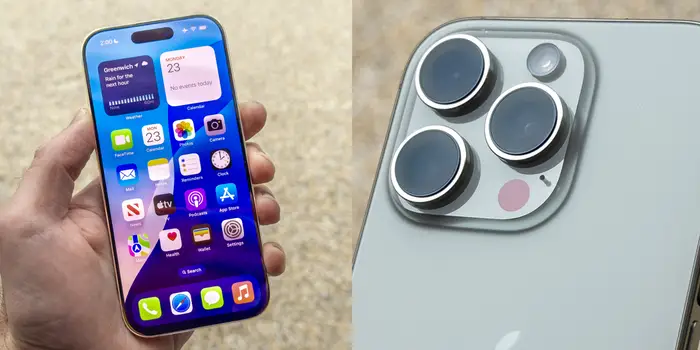The IT industry in 2025 is evolving faster than ever, powered by innovation, artificial intelligence, and a growing demand for hyper-connectivity. This year, we’re seeing groundbreaking advancements that are reshaping the way businesses operate, how people interact with technology, and the skills IT professionals need to stay relevant.
From smarter machines to quantum computing breakthroughs, here’s a look at the top technologies transforming the IT landscape in 2025.
1. 🤖 Generative AI Goes Mainstream
In 2025, Generative AI is no longer just a buzzword—it’s a business tool. Tools like OpenAI’s GPT-4.5, Google’s Gemini, and other AI models are powering real-world applications across industries.
- Use Cases: Content generation, software development, customer support, design, and even medical diagnosis.
- Impact: Companies are integrating AI co-pilots into everyday workflows, reducing human workload and boosting creativity and productivity.
2. 🧠 AI Agents & Autonomous Workflows
AI is evolving from a tool to a collaborator. Autonomous AI agents now perform complex tasks without human input, making decisions, learning from feedback, and improving over time.
- Example: AI bots managing emails, scheduling meetings, handling customer service, and even executing marketing campaigns automatically.
- Trend: Integration of multi-agent systems across enterprises.
3. 🌐 Quantum Computing Advances
2025 marks major milestones in quantum computing, moving it closer to practical, scalable applications.
- What’s New: Tech giants like IBM and Google are testing quantum processors with hundreds of qubits.
- Use Cases: Drug discovery, cryptography, financial modeling, and material science.
- Challenge: Still in early stages for commercial use, but research is accelerating.
4. 🌍 Edge AI and Edge Computing
As the demand for real-time data processing grows, Edge AI is pushing intelligence closer to where data is generated—on devices and sensors.
- Why It Matters: Reduces latency, improves privacy, and lowers bandwidth needs.
- Applications: Smart cameras, autonomous vehicles, factory automation, IoT systems.
5. 🔐 AI-Driven Cybersecurity
With AI’s growth, cybersecurity must evolve to keep up. In 2025, security tools are smarter, self-healing, and predictive.
- Highlights:
- AI-based threat detection and response systems
- Zero-trust security models
- Real-time behavior analytics to catch threats before they happen
6. 🧬 Digital Humans & Virtual Avatars
The rise of hyper-realistic AI avatars is changing how we interact online.
- Used In: Customer support, education, entertainment, therapy, and remote business environments.
- 2025 Update: Voice, facial expressions, and emotions are nearly indistinguishable from real humans in many applications.
7. 🌐 5G Advanced & 6G Research
The rollout of 5G Advanced and early developments in 6G are setting the foundation for ultra-fast, low-latency connectivity.
- Impacts: Enables immersive AR/VR, autonomous systems, and massive-scale IoT networks.
- 5G Advanced: Better speed, security, and energy efficiency over basic 5G.
8. 🧠 Neurotechnology & Brain-Computer Interfaces (BCI)
Thanks to companies like Neuralink and Synchron, brain-computer interfaces are no longer science fiction.
- Current Use: Assisting people with disabilities to control devices via thought.
- Future Use: Augmenting human capabilities, gaming, even accessing digital content directly with the mind.
9. 🔄 Composable & Low-Code Development Platforms
IT development is becoming modular and accessible. In 2025, businesses are embracing low-code and composable architecture to build apps quickly.
- Why It Matters: Faster development, lower costs, and empowering non-tech employees to create solutions.
10. ♻️ Green IT and Sustainable Tech
Sustainability is no longer optional—green computing is a core priority in 2025.
- Trends:
- Carbon-neutral data centers
- Energy-efficient AI models
- Circular tech economy (recyclable hardware, repair-first policies)
🚀 Conclusion: The Future is Now
2025 is not just about faster chips or better software—it’s about rethinking the way we live and work through technology. The IT industry is becoming more intelligent, autonomous, and human-centric, with ethics, sustainability, and innovation at its core.
For professionals and businesses alike, keeping up with these changes isn’t just an advantage—it’s a necessity.
Are you ready for the future of tech?










